Organic & Sustainable Winegrowing Overview
At Ridge Vineyards, we are committed to sustainable winegrowing and farming our vineyards organically. We are one of the largest growers of organically certified grapes in Sonoma County and in the Santa Cruz Mountains appellation.
Sustainable and Organic – Why Both Matter to Us
Sustainability is both a philosophy and a set of environmentally responsible practices designed to safeguard the land on which we grow our grapes. It seeks to conserve and renew natural resources, protect wildlife habitats, and ensure the safety and economic security of our employees.
Organic farming builds on sustainability by eschewing the use of synthetic chemicals in the vineyard. Instead, we use natural methods for maintaining soil health, controlling vine pests and diseases, and combating weeds and mildew. Ultimately, we feel that responsible farming is not only important for protecting our environment, but results in healthier soil and better quality fruit.
Where We Stand Today
As of harvest 2022, 100% of our estate vineyards have been certified organic, including Monte Bello, Lytton Springs, Geyserville, and East Bench. All of the vineyards that we farm are certified by the Fish Friendly Farming Environmental Certification Program, which acknowledges agricultural properties working to restore fish and wildlife habitats and improve water quality. As a result, the Sonoma County Winegrowers have recognized our Sonoma County vineyards as Certified Sustainable.
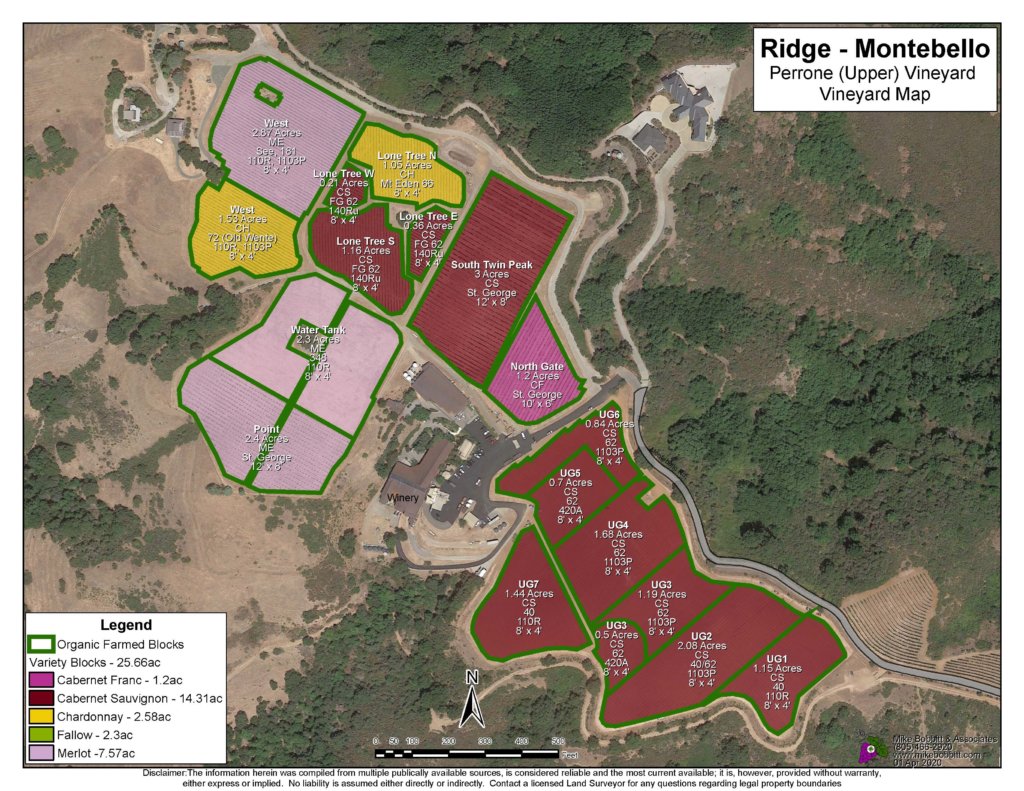
What We’re Working On
In 2023, we established a Sustainability Committee to advance our shared commitment to the planet, bringing together a group of passionate RIDGE employees focused on exploring and implementing sustainable initiatives. The committee’s collective work and research form the foundation of our Sustainability Report. This report includes the results of our 2023 greenhouse gas emissions audit, our packaging innovations such as the switch to lightweight glass, our journey towards 100% organic certification of our estate vineyards, water usage data, and much more.
The Pre-Industrial Approach to Farming & Winemaking
Starting in 2008, we began the transition to farming our estate vineyards organically in order to bring our vineyard management techniques in line with our traditional winemaking practices, which employ only the non-invasive treatments used in fine winemaking prior to Prohibition. Together, these techniques make up our farming philosophy.
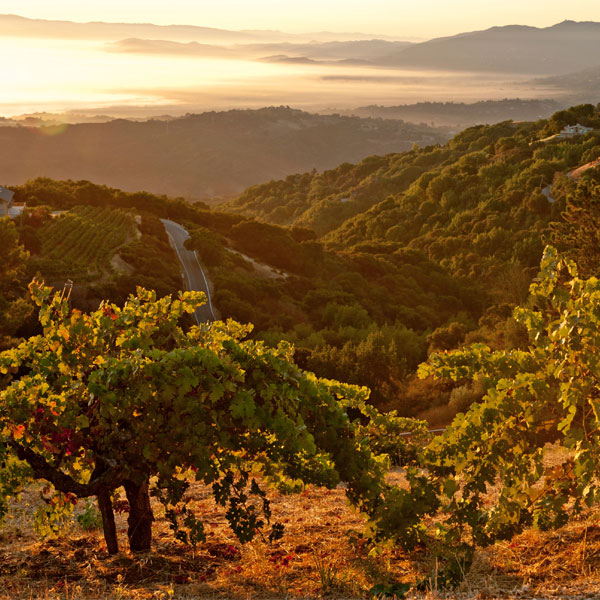
Reflecting a Sense of Place
It is uncommon for a winery to produce any significant quantity of wine using such a natural approach, taking sustainably and organically grown grapes and turning them into wine using only “pre-industrial” winemaking methods. Ultimately, the ends justify the means, because wines made in this fashion more aptly express their provenance and are far more gratifying to make and drink.
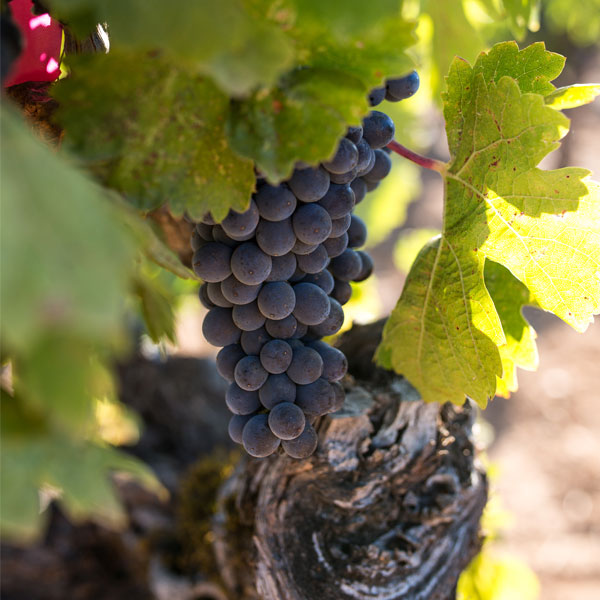
Distinctive Fruit from Exceptional Vineyards
We have always believed that wine is far more interesting and meaningful when it reflects a single place and a natural process. Our commitment to farming our vineyards responsibly means that we maintain certain principles in the vineyard, including biodiversity, ecological balance, sustainability, natural pest management, and soil integrity.
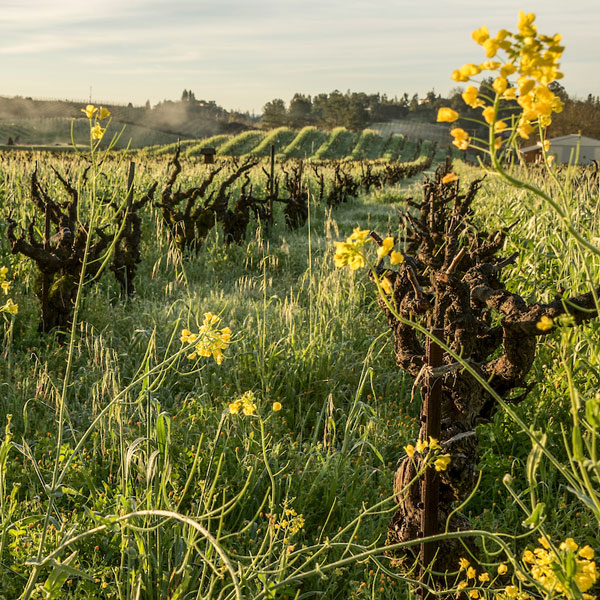
Limited Intervention in Vineyards
We strive to limit “inputs” into the vineyard. Seeding our vineyards with non-vine plants attracts beneficial predatory insects, which mitigates the need to apply an insecticide that might cause harm to non-targeted species like bees. This process also eliminates the possibility that any insecticide residue could be present on the grapes during harvest.
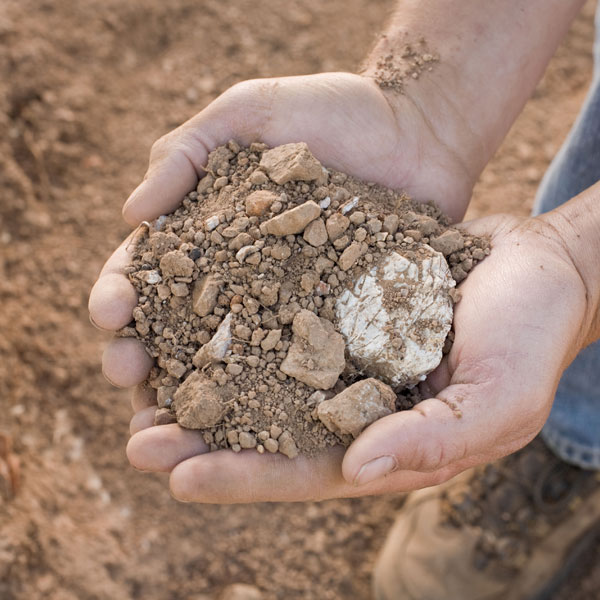
Careful Management of Soil Health
Maintaining soil health is critical to an effective farming operation. To preserve soil structure, we only cultivate every other row between grapevines. At both of our winery facilities, we collect the stems and pomace left over from winemaking to make organic compost. This compost is applied to sections of the vineyard where our standard winter cover crop does not fully satisfy the nutritional needs of the vines.
Wait!
In order to qualify for user related discounts, you must log in before proceeding with checkout. Click the button below to log in and receive these benefits, or close the window to continue.
Log In